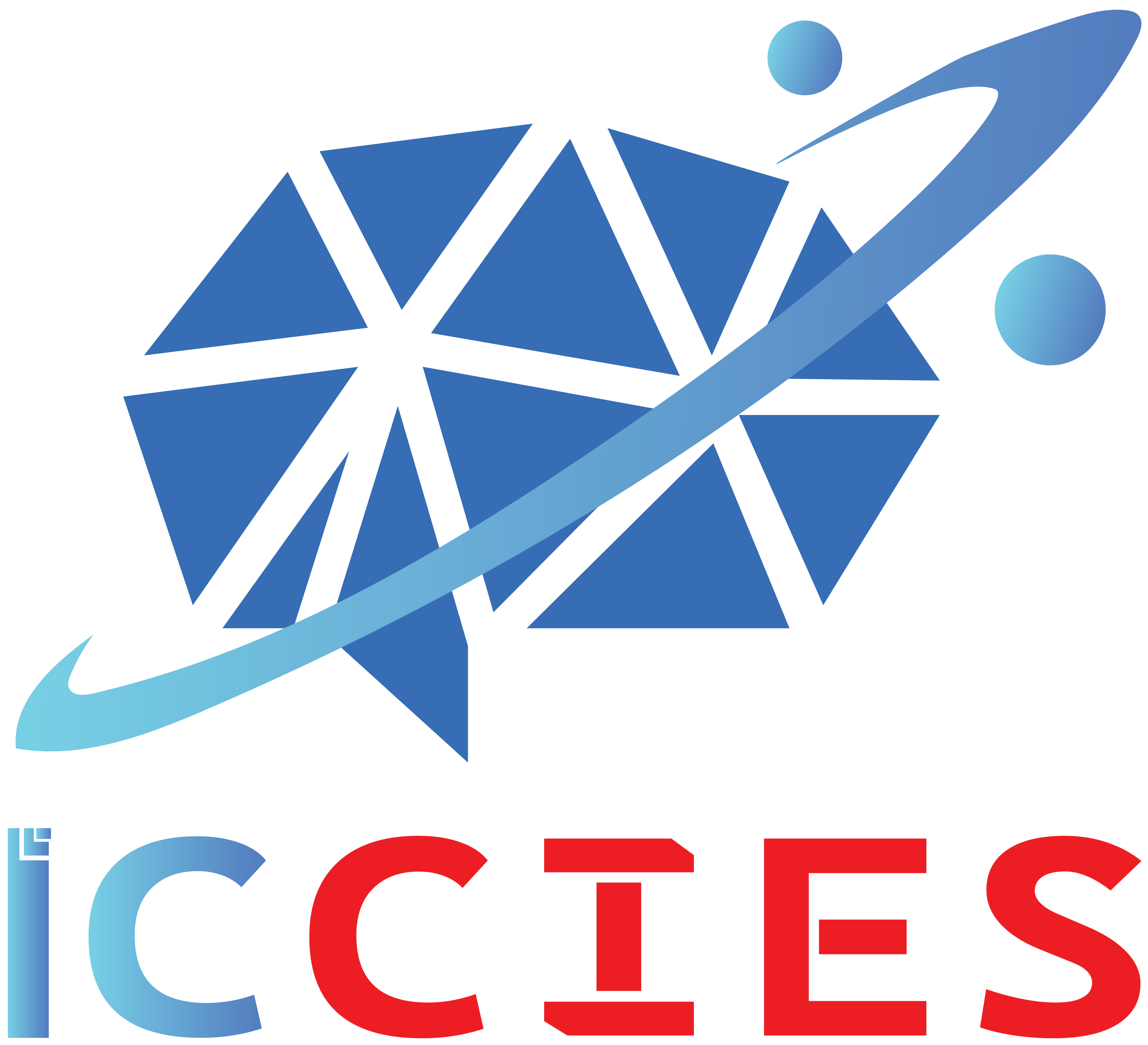Deep Learning for Natural Language Processing
I. Aims and Scope:
Natural Language Processing (NLP)—a research domain primarily focused on text analysis to enable computers to understand human language—has made significant advancements in recent years. These developments have revolutionized various areas and transformed how we communicate and interact with machines by enhancing their ability to comprehend human languages and dialects. However, many challenges remain to be addressed or improved to enhance user performance and experience further. This Special Issue aims to provide a comprehensive overview of current trends, emerging technologies, and challenges in NLP.
The primary objective of this Special Issue is to present innovative approaches from the research community. It aims to gather the latest advancements in deep learning, focusing on its applications in NLP. The goal is to present novel ideas and potential outcomes, encompassing theoretical perspectives, methodological contributions (including recently developed methods), and practical implementations.
Additionally, this Special Issue encourages comparative analyses of deep learning models in NLP. Such comparisons involve critically evaluating these models’ efficiency and accuracy across diverse datasets and real-world scenarios. The aim is to offer valuable insights into the generalizability and interpretability of these models, thereby driving advancements in their practical applicability.
We propose a special session that will cover topics including, but not limited to, the following:
- Corpus construction for NLP tasks
- Neural machine translation for low-resource languages
- Deep Learning-based Contextual Text Generation for Conversational Text
- Deep Learning-based Contextual Word Embedding for Text Generation
- Pre-trained Deep Learning Model based Text Generation
- Text Generation with Deep Transfer Learning
- Sentiment Classification in Social Media with Deep Contextual Embedding
- Deep Learning-based sentiment Classification in Conversational Text
- Speech Processing;
- Comparative of deep learning models for NLP.
- Large Language Models
- Retrieval Augmented Generation with LLMs
- etc.
II. Submission link: click here
III. Special Session Organizers:
- Le Anh Cuong, Ton Duc Thang University, Ho Chi Minh city, Vietnam. Email: leanhcuong@tdtu.edu.vn
- Nguyen Le Minh, Japan Advanced Institute of Science and Technology (JAIST), Email: nguyenml@jaist.ac.jp
- Tran Thanh Phuoc, Ton Duc Thang University, Ho Chi Minh city, Vietnam. Email: tranthanhphuoc@tdtu.edu.vn
- Nguyen Hong Buu Long, VNU-HCMC University of Science, Ho Chi Minh city, Vietnam. Email: nhblong@fit.hcmus.edu.vn
- Tran Luong Quoc Dai, Ton Duc Thang University, Ho Chi Minh city, Vietnam. Email: tranluongquocdai@tdtu.edu.vn
- Vu Dinh Hong, Ton Duc Thang University, Ho Chi Minh city, Vietnam. Email: vudinhhong@tdtu.edu.vn
- Le Ngoc Tan, Universite du Quebec a Montreal, Quebec, Canada. Email: ngoc-tan.le@cssdgs.gouv.qc.ca
